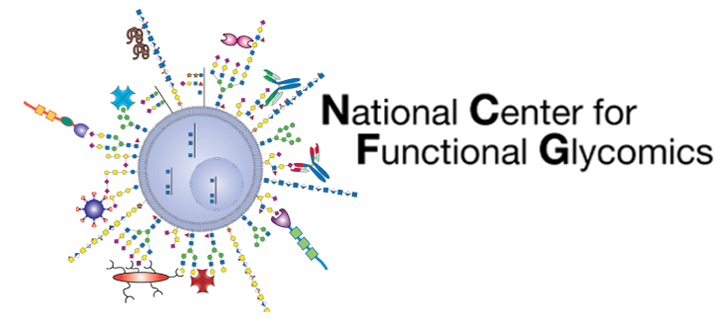Abstract
Enzymes catalyze biochemical reactions and play critical roles in human health and disease. Enzyme variants and deficiencies can lead to variable expression of glycans, which can affect physiology, influence predilection for disease, and/or directly contribute to disease pathogenesis. Although certain well-characterized enzyme deficiencies result in overt disease, some of the most common enzyme deficiencies in humans form the basis of blood groups. These carbohydrate blood groups impact fundamental areas of clinical medicine, including the risk of infection and severity of infectious disease, bleeding risk, transfusion medicine, and tissue/organ transplantation. In this review, we examine the enzymes responsible for carbohydrate-based blood group antigen biosynthesis and their expression within the human population. We also consider the evolutionary selective pressures, e.g. malaria, that may account for the variation in carbohydrate structures and the implications of this biology for human disease.
